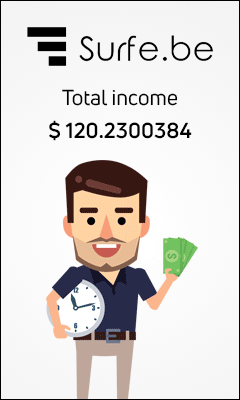Born: 22 April 1870
Died: 21 January 1924
Birthplace: Simbirsk, Volga
Best known as: Founder of Bolshevism and the force behind the Russian revolution
Name at birth: Vladimir Ilyich Ulyanov
Vladimir I. Lenin was a driving force behind the Russian Revolution of 1917 and became the first great dictator of the Soviet Union. Lenin was deeply influenced by the revolutionary political views of his older brother, Alexander Ulyanov , who introduced him to the ideas of Karl Marx. He studied Karl Marx and formed workers' groups, but was arrested and exiled to Siberia in 1895. In 1900 he went to Europe, and in 1903 he led the Bolsheviks in the split of the Russian Social-Democratic Workers' party. When revolution broke out in Russia in 1917, he led the Bolsheviks to control the government. Lenin had complete political control over the Union of Soviet Socialist Republics (U.S.S.R.) until his death, and is remembered as the man who put Marx's ideas to practical use.

Vladimir Lenin was a bright student in school. He read the writings of Goethe and Turgenev, that would affect him for life.
His father died in 1886. Then in 1887, his brother was hung for plotting to assassinate Tsar Alexander III. Vladimir Lenin renounced religion and the political system.
Lenin attended Kazan University where he studied law, but was later expelled. He chose to study law on his own, passing the exam and coming first in the class.
Lenin moved to St. Petersburg, where he began practising law. Vladimir Lenin began to develop a Marxist underground movement. He met Nadezhda Krupskaya, who he married in 1898.

In 1895, Vladimir Lenin travelled to Switzerland to meet Social Democrats. When Vladimir Lenin arrived back in Russia, Lenin planned to start a revolutionary paper, but he and the other leaders were arrested. He served 15 months in a prison, after which Vladimir Lenin was exiled to Siberia.

In 1900 they moved to Switzerland where they established their paper, credit history, Iskra (Spark). Lenin rose to a position of power in the Social Democratic party.
In 1917, the revolution happened in Russia. In March, steelworkers in St. Petersburg went on strike, with thousands of people lining the streets. The Tsar’s power collapsed and the Duma, led by Alexander Kerensky, took power. Vladimir Lenin came to power, after a coup.
Vladimir Lenin was named president of the Society of People’s Commissars (Communist Party). Land was redistributed, some as collective farms. Factories, mines, banks and utilities were taken over by the state.(name history)
In May, 1922, Vladimir Lenin suffered the first of a series of strokes. In his two remaining years, Vladimir Lenin tried to ensure that Trotsky, not Stalin, succeeded him, but failed. Vladimir Lenin died of a cerebral haemorrhage on January 21, 1924.

Extra credit: For decades after his death, Lenin's well-preserved body was on public display in a special mausoleum in Red Square...

VLADIMIR LENIN QUOTES
Freedom in capitalist society always remains about the same as it was in ancient Greek republics: Freedom for slave owners....Quotes by Vladimir Lenin.
Give me four years to teach the children and the seed I have sown will never be uprooted....Quotes by Vladimir Lenin.
Under socialism all will govern in turn and will soon become accustomed to no one governing....Quotes by Vladimir Lenin.
Any cook should be able to run the country....Quotes by Vladimir Lenin.
Authority poisons everybody who takes authority on himself....Quotes by Vladimir Lenin.
- Adolf Hitler (1)
- Biography of Nelson Mandela (1)
- Ernesto Che Guevara (1)
- Karl Marx (1)
- khudiram Bose biography (1)
- Mahatma Gandhi (1)
- Mao Zedong (1)
- VLADIMIR LENIN (1)
Labels
Live Visitors!
Popular Posts
Sharing is Caring!
Subscribe to:
Post Comments (Atom)










0 comments:
Post a Comment